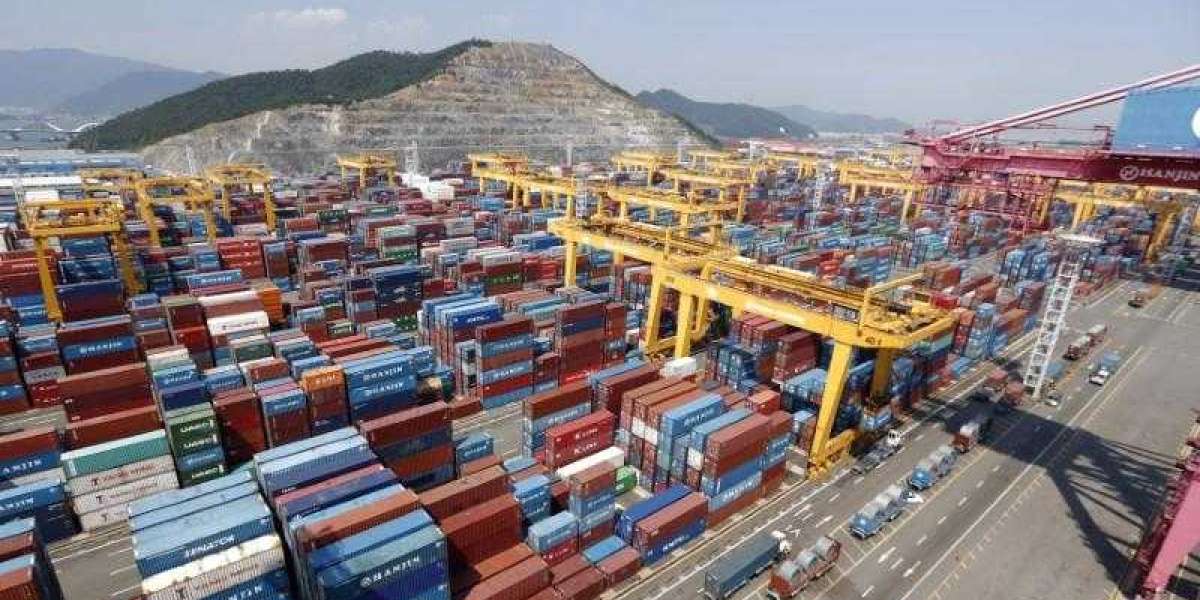The rising prices of energy and raw materials have caused South Korea to experience a trade deficit for the first time in two months since the global financial crisis began in 2008.
Following a 15.2 percent gain year on year in February to $55.3 billion, the Ministry of Trade, Industry, and Energy said that Asia's No. 4 economy had a 35.5 percent increase in February to $60.2 billion, resulting in a $4.8 billion trade imbalance.
This is the first time that a two-month trade deficit has been reported since the four consecutive months of deficits that were recorded from June to September 2008, during the height of the global financial crisis.
The increase in imports was caused by the increase in the price of fossil fuels. The country imported crude oil, natural gas, and coal totaling $15.9 billion, a significant increase over the previous month's $9 billion.
"Japan, which has a comparable industrial structure to Korea, and France, which is largely reliant on energy imports, both sustained significant losses," an official from the Ministry of Industry and Trade noted.
Multiple factors are contributing to the rise in raw material prices, which is not expected to slow down anytime soon.
Global oil prices have risen by around 10% this year, despite the fact that fresh investments into the oil sector have been reluctant to come in.
Furthermore, as Russia threatens to invade Ukraine and cut off its natural gas supplies to Europe, global competition to secure natural gas stockpiles has increased, driving the price of natural gas up by more than 30 percent compared to earlier this year, according to the International Energy Agency. In addition, the price of coal is rising as a result of Indonesia's decision to limit coal exports owing to power shortages.



